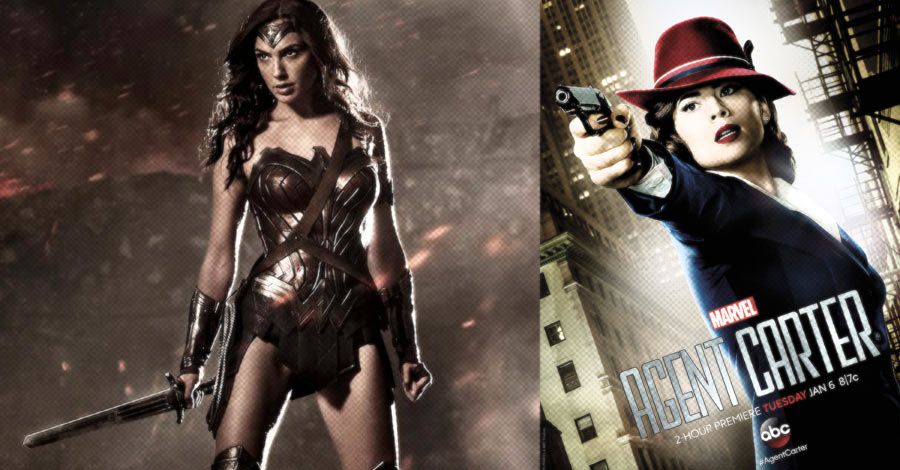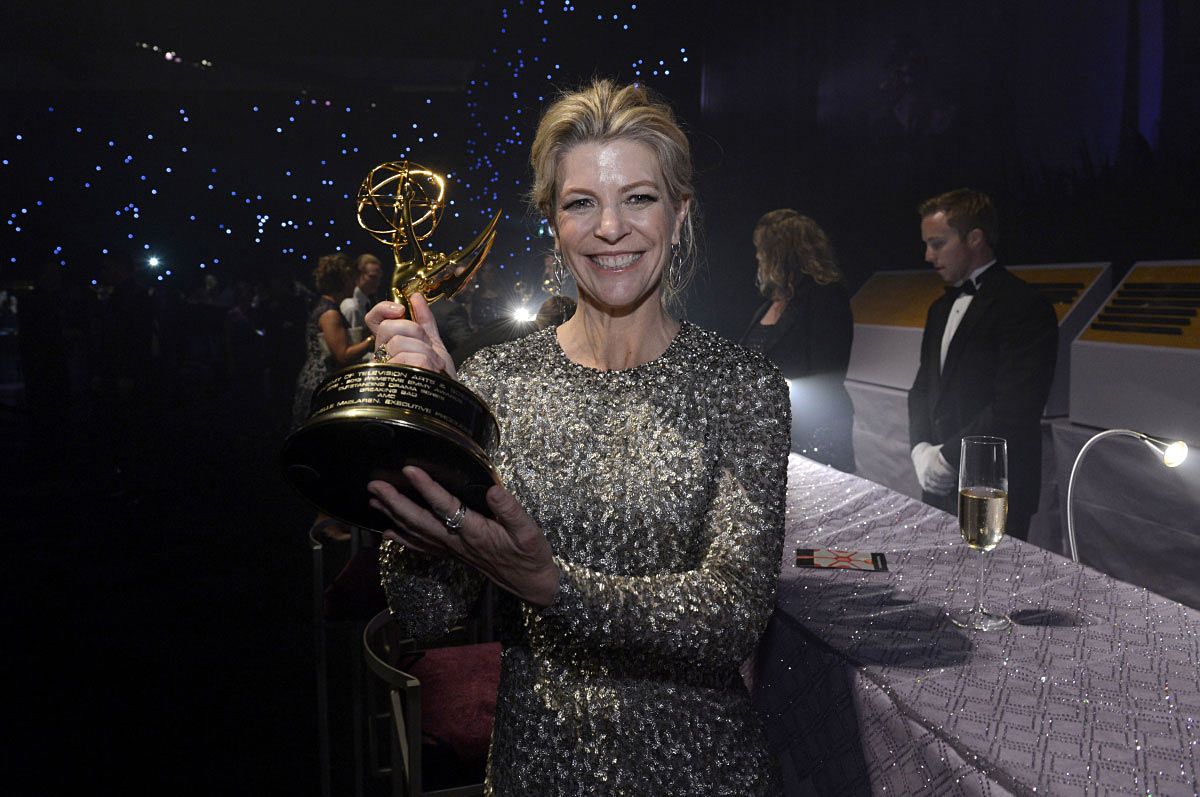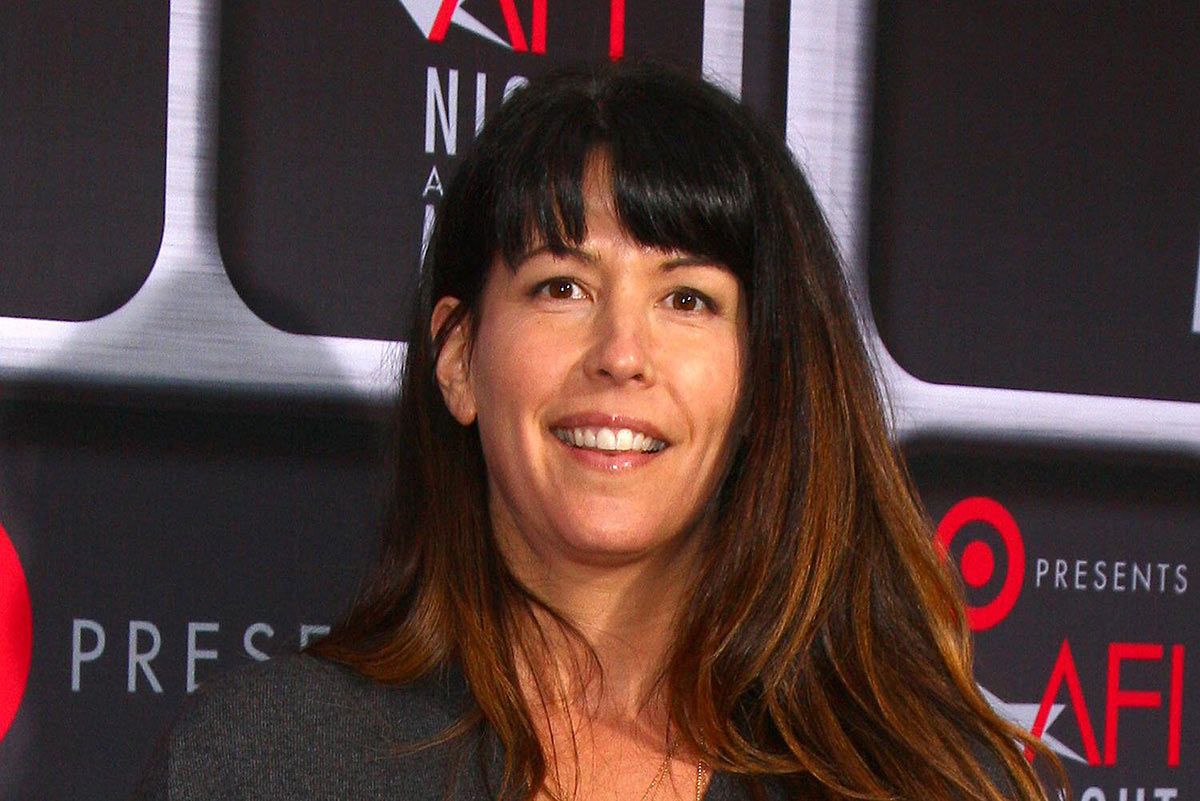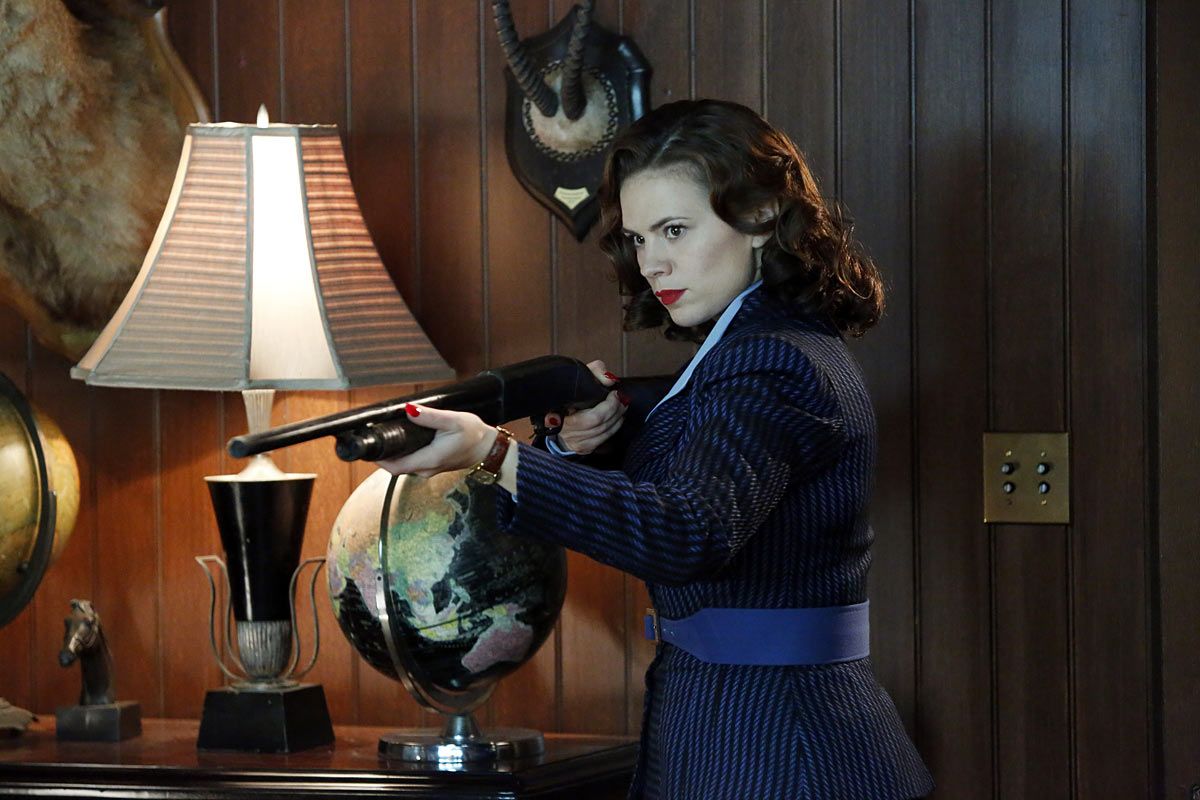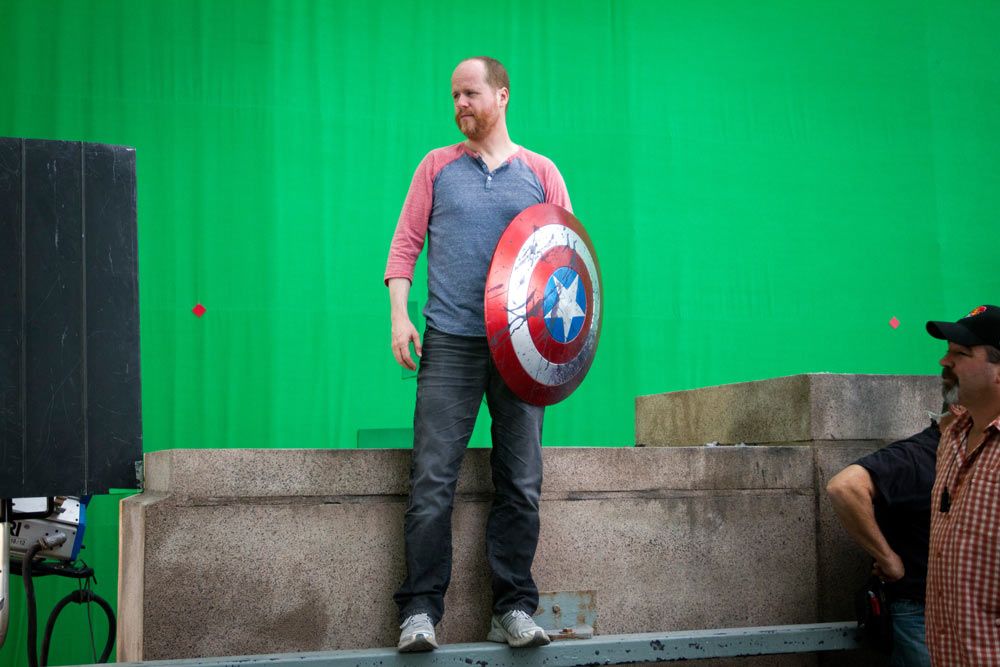On Monday, April 13th, The Hollywood Reporter and other media outlets reported that television producer and "Game of Thrones" director Michelle MacLaren had parted ways with Warner Bros. and the "Wonder Woman" film project she was slated to shape into reality.
The severing of this relationship was due to "creative differences."
"Wonder Woman" would have been MacLaren's first big-screen project, a tentpole film as part of Warner Bros. multi-film slate with which to attempt to counter and combat the creative/corporate machine known throughout the world as the "Marvel Cinematic Universe."
Suffice it to say, Warner Bros. had to fill that vacated position quickly.
Warner Bros. Names New "Wonder Woman" Director
Less than a week later, Warner Bros. announced that Patty Jenkins, the director of "Monster" with Charlize Theron, was the new director hired for "Wonder Woman," looking to maintain the film's reported release year of 2017.
During this revelation, there were various reports by "studio insiders" that said McLaren's vision was not what the studio wanted for "Wonder Woman."
She wanted to make an epic origin story, whereas the studio wanted something with less action and more character-driven.
Also, because she had never directed a film, and certainly not any project of the intended scale of "Wonder Woman," MacLaren was not the ideal choice.
During the weekend when further details were revealed about McLaren's "creative differences" with Warner Bros., I decided to do something I had been meaning to for a number of months.
I binge-watched the Marvel Studios/ABC television series "Agent Carter." More accurately, I watched episodes 4 through 8 because Hulu did not have episodes 1 through 3 available.
My punishment for not engaging the series when it first premiered.
Set in the 1940s and starring Hayley Atwell as the eponymous hero, a double-agent working as a secretary for an American government agency and in secret as an operative for a wealthy inventor and industrialist with various American government contracts.
"Agent Carter" was a thoughtful examination of the position and perception of women in the early-to-mid 20th Century, not only from the point of view of the patriarchies of the social and work environments, not only from various female characters of different ages and backgrounds throughout the story, but from the point of view of Agent Peggy Carter, herself.
Peggy Carter is always at her best, using her accomplishments and well-timed assertiveness to gain the respect of her male peers, to be seen as an equal in their eyes, in order to do more than take meal orders for her colleagues.
Carter fails in this endeavor. She fails because the times didn't allow it, and her intentions were the equivalent of spittle against the locomotive heading her way.
Ironically, being underestimated allowed Carter to gain valuable information covertly, because she was invisible to her colleagues... when they didn't need an order for a cheeseburger with a Coke.
Carter's nemesis was a woman who was taught American femininity in order to infiltrate American society. A formidable fighter and strategist, one who was trained by a woman to kill other women (and men), and become any woman required to fit into any social environment.
Ultimately, this woman, this killer, wanted to be like the American women she emulated on her missions.
At the end of the story, Peggy Carter makes a declaration to one of her male colleagues after yet again being unrecognized by her boss.
She says she doesn't need the validation of other people to know her worth, and therein lies the core of the story.
"Agent Carter" was Executive Produced by Tara Butters and Michele Fazekas, both of them serving as co-showrunners.
This is what Marvel Studios manages to accomplish with a less-than-well-known character in a period piece, without the presence of the superpowers possessed by the various Marvel characters with successful films.
Going back to "Wonder Woman" and Warner Bros., we have the most well-known female superhero in comic books, and quite possibly in licensing.
If we go with the position of the "studio insiders" regarding Michelle McLaren's departure, then the bare bones sequence of events goes something like this:
- Warner Bros. hired an unqualified woman to helm a tentpole film about one of the most popular female hero icons around the globe.
- Said unqualified woman chose an approach of large scale and grandeur, as befitting Wonder Woman.
- Since "epic" and "character-driven" are clearly mutually-exclusive concepts despite what you may have thought, read, or been told, said unqualified (albeit ambitious) woman's goals were not in concert with that of the studio, and they parted ways.
Interestingly enough, Marvel Studios committed a similar mistake by hiring Anthony and Joe Russo, two directors without expertise in big-budget tentpole films, to direct "Captain America: The Winter Soldier."
But "Captain America: The Winter Soldier" was a success, in and of itself creatively and financially, and as part of the Marvel Cinematic Universe.
So being unqualified means nothing, if the person or persons can rise to the occasion.
Marvel Studios made another mistake when they hired Joss Whedon to direct and co-write "The Avengers," considering he wanted to make a film that was epic in scale.
Since Whedon is known for character-driven material, and the two concepts are mutually exclusive, that was clearly a big risk.
"The Avengers" made over a billion dollars worldwide.
So an epic, character-driven tentpole film with superheroes can be made.
Coincidentally enough, Joss Whedon was also supposed to tackle the big-screen adventures of Wonder Woman, but when he had "creative differences" with his bosses and chose to leave the project, his competency was not brought into question by the studio.
He was not vilified by "studio insiders."
Michelle MacLaren was painted as someone not good enough for the position and responsibilities for which she was hired.
She was made to be the villain in this piece of geek and corporate history.
She dared accept an opportunity to excel, to show a corporation and its officers that she has more to offer, to have a vision in accordance with a tentpole film about an amazon warrior from a society of fighters, scholars, and philosophers with its origins in Greek mythology.
Yet another element in the competition between Marvel Studios and Warner Bros. to most effectively manage and reap benefits from their superhero properties, the latter has once again shown a crack in their armor.
Had they said nothing further after MacLaren's departure, the narrative would have been less damning, but the extra effort and attention given to attack MacLaren's credibility is something of note.
What kind of woman did Warner Bros. want Michelle MacLaren to be?
A Peggy Carter, someone of amazing skill and assertiveness who knows her self-worth, undeterred by the perception of others as it relates to her goals...
...or a chameleonic assassin, someone whose personality changes with the moment and situation, but will surprise people with her kill shots?
Patty Jenkins has quite the task ahead of her, as do all people who are painted saviors in grand stories, and unlike "Wonder Woman," she does not have bulletproof bracelets with which to deflect attacks on her credibility.
Does not have the resources through which to compel studio executives to tell the truth, or the sword with which to slice away at their lies.
Does not have the armor that will shield her from the consequences, of failing to be the kind of woman the studio wants her to be.
So she may have to know how to take orders.
After all, at any given time, one of her bosses could want a cheeseburger and a Coke.
Joseph Phillip Illidge is a public speaker on the subjects of race, comics, and the corporate politics of diversity. In addition to his coverage by the BBC and Publishers Weekly, Joseph has been a speaker at John Jay College of Criminal Justice, Digital Book World's forum, Digitize Your Career: Marketing and Editing 2.0, Skidmore College, Purdue University, on the panel "Diversity in Comics: Race, Ethnicity, Gender and Sexual Orientation in American Comic Books," and at the Soho Gallery for Digital Art in New York City.
Joseph is the Head Writer for Verge Entertainment, a production company co-founded with Shawn Martinbrough, artist for the graphic novel series "Thief of Thieves" by "The Walking Dead" creator Robert Kirkman, and video game developer Milo Stone. Verge has developed an extensive library of intellectual properties for live-action and animated television and film, video games, graphic novels, and web-based entertainment.
His graphic novel project, "The Ren," about the romance between a young musician from the South and a Harlem-born dancer in 1925, set against the backdrop of a crime war, will be published by First Second Books, a division of Macmillan.
Joseph's newest comic book project is the upcoming Scout Comics miniseries "Solarman," a revamp of a teenage superhero originally written by Stan Lee.

